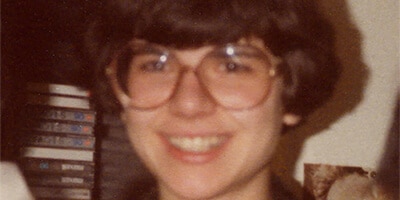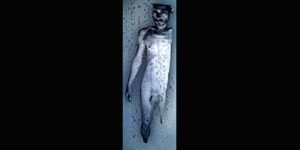Suzanne Kabok
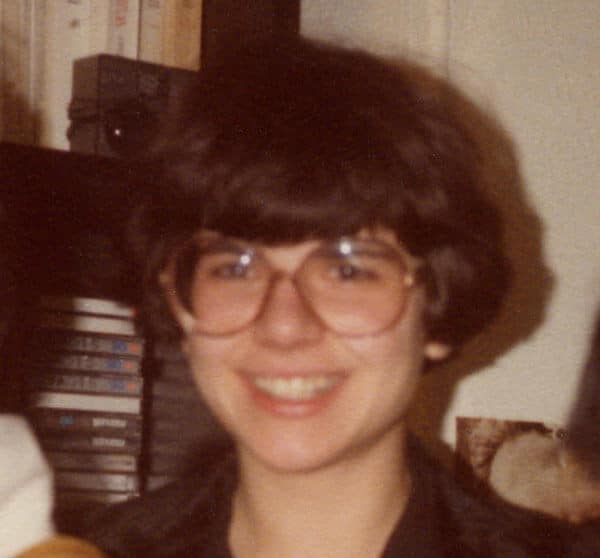
Suzanne is dead.
At B's request, we watched over Suzanne's body with D, in the cold and darkness of the room in the "reanimation" department of the Toulouse oncopole where she died.
I'm glad I arrived in time from Paris and was lucky enough to see a few minutes of her shallow breathing still lifting her chest an hour before it finally stopped.
I was able to briefly touch the skin of his hand and forehead still warm with the breath of life.
I touched the top of her wrist again with my fingertips when she was no longer there. The contact was icy this time, of course, as they say in films and literature.
Grief is not always only sadness. Is it also sometimes said in literature or films? Sometimes grief is in its place. You have to experience it to know. To know how fair grief can be, how it can take its rightful place to balance with death, which is so sad, so unfair.
Throughout the hours I spent with D next to his inert body, on the train, then alone in the hotel, and still now back home, I had in mind a song sung by a woman and sung in chorus by men, soldiers. It is the song that the not yet future Mrs. Kubrick sings timidly in front of the troops at the end of "Paths of Glory".
The song is called « Der treue Husar » (Le Hussard fidèle).You can hear it at 4:28 of this extract as it is still running through my head as I write, thinking of Suzanne:
https://www.youtube.com/watch?v=s3ifRA0Kj-8
Before becoming Christiane Kubrick, the young German actress worked under the name of Susanne Christian. It is probably in this middle name, SuzanneIt's because of the fact that the name of the band, put forward to create a stage name for itself, is the reason why this refrain has been in the back of my mind for the past few days.
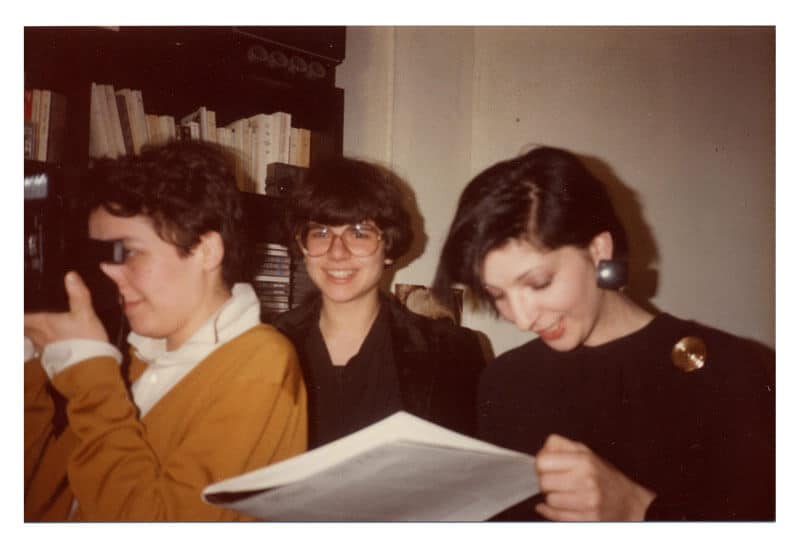
The Suzanne I knew was a German teacher. She would have translated the words of this Faithful Hussar that I cannot understand without his help.
Here they are:
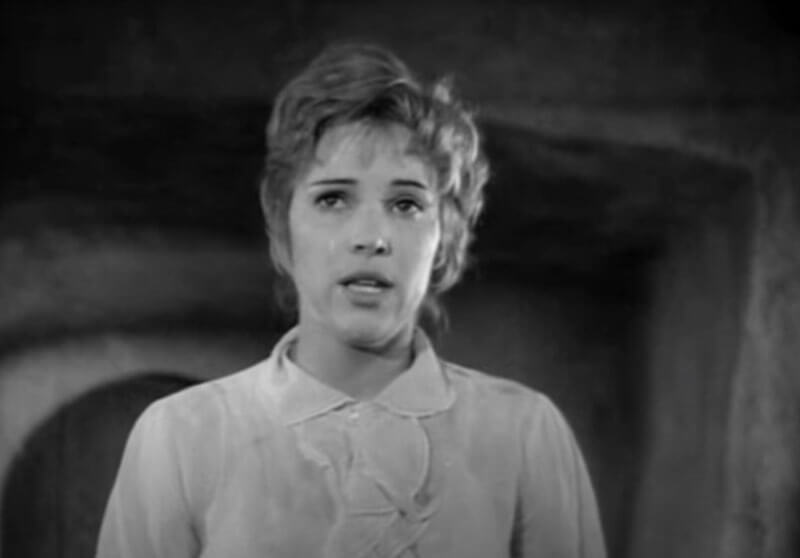
Susanne Christian (Christiane Kubrick), in front of her future husband's camera, sings "Der treue Husar" to soldiers, standing like a school teacher in front of her class, touching each child's heart. | Stanley Kubrick | 1957 1. Es war einmal ein treuer Husar,
- Der liebt' sein Mädchen ein ganzes Jahr,
- |Ein ganzes Jahr und noch viel mehr,
- Die Liebe nahm kein Ende mehr.
- 2. Der Knab' der fuhr ins fremde Land,
- Derweil ward ihm sein Mädchen krank,
- |Sie ward so krank bis auf den Tod,
- Drei Tag, drei Nacht sprach sie kein Wort.
- 3. Und als der Knab' die Botschaft kriegt,
- Daß sein Herzlieb am Sterben liegt,
- |Verließ er gleich sein Hab und Gut,
- Wollt seh'n, was sein Herzliebchen tut.
- 4. Ach Mutter bring' geschwind ein Licht,
- Mein Liebchen stirbt, ich seh' es nicht,
- |Das war fürwahr ein treuer Husar,
- Der liebt' sein Mädchen ein ganzes Jahr.
- 5. Und als er zum Herzliebchen kam,
- Ganz leise gab sie ihm die Hand,
- |Die ganze Hand und noch viel mehr,
- Die Liebe nahm kein Ende mehr.
- 6. "Grüß Gott, grüß Gott, Herzliebste mein!
- Was machst du hier im Bett allein?"
- |Hab dank, hab Dank, mein treuer Knab'!
- Mit mir wird's heißen bald: ins Grab!
- 7. "Grüß Gott, grüß Gott, mein feiner Knab.
- Mit mir wills gehen ins kühle Grab.
- |Ach nein, ach nein, mein liebes Kind,
- Dieweil wir so Verliebte sind.
- 8. "Ach nein, ach nein, nicht so geschwind,
- Dieweil wir zwei Verliebte sind;
- |Ach nein, ach nein, Herzliebste mein,
- Die Lieb und Treu muß länger sein.
- 9. Er nahm sie gleich in seinen Arm,
- Da war sie kalt und nimmer warm;
- |Geschwind, geschwind bringt mir ein Licht!
- Sonst stirbt mein Schatz, daß's niemand sicht.
- 10. Und als das Mägdlein gestorben war,
- Da legt er's auf die Totenbahr.
- |Wo krieg ich nun sechs junge Knab'n,
- Die mein Herzlieb zu Grabe trag'n?
- 11. Wo kriegen wir sechs Träger her?
- Sechs Bauernbuben die sind so schwer.
- |Sechs brave Husaren müssen es sein,
- Die tragen mein Herzliebchen heim.
- 12. Jetzt muß ich tragen ein schwarzes Kleid,
- This is for me a great help,
- |Ein großes Leid und noch viel mehr,
- Die Trauer nimmt kein Ende mehr.

